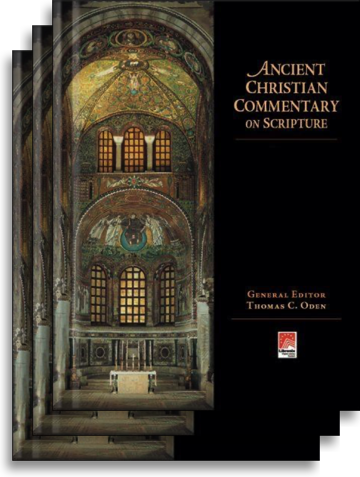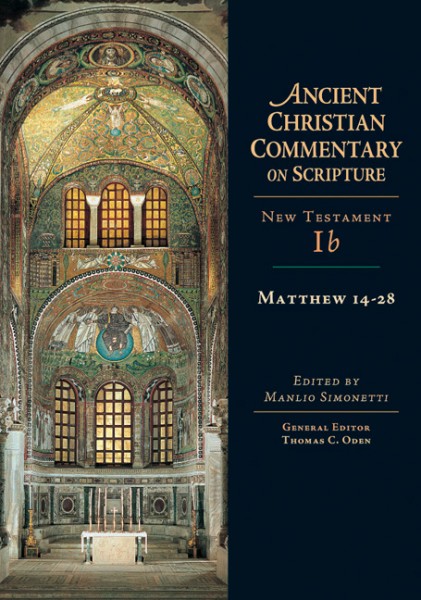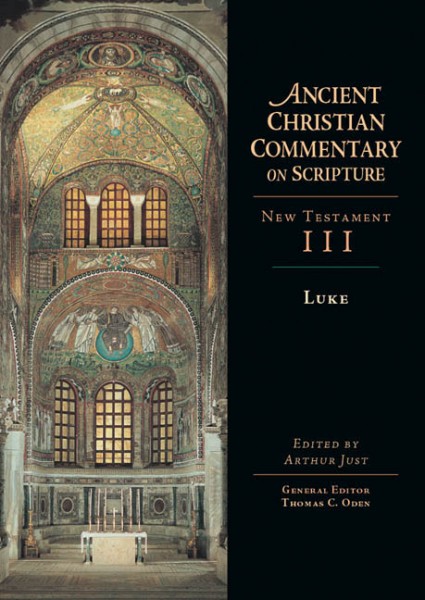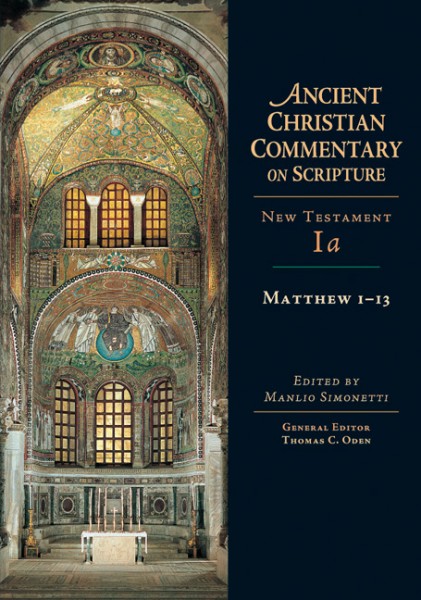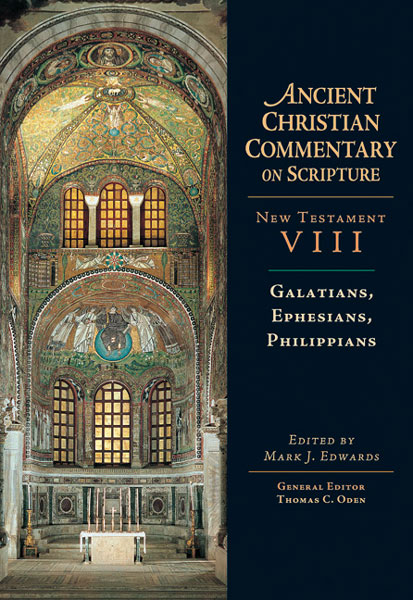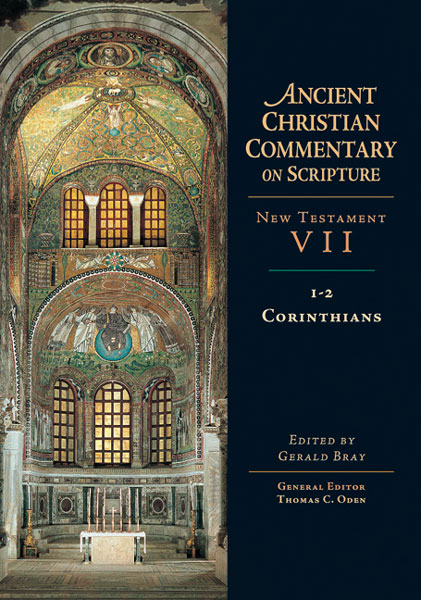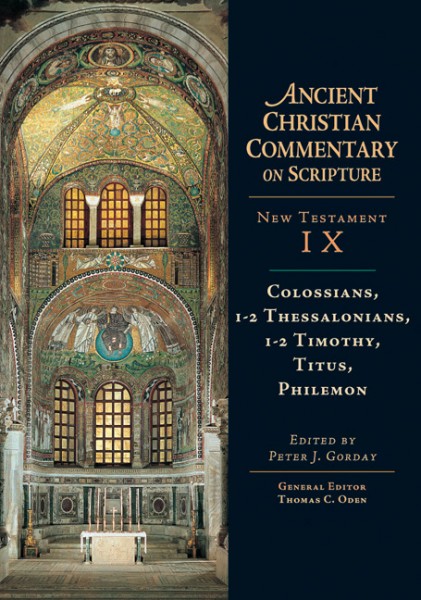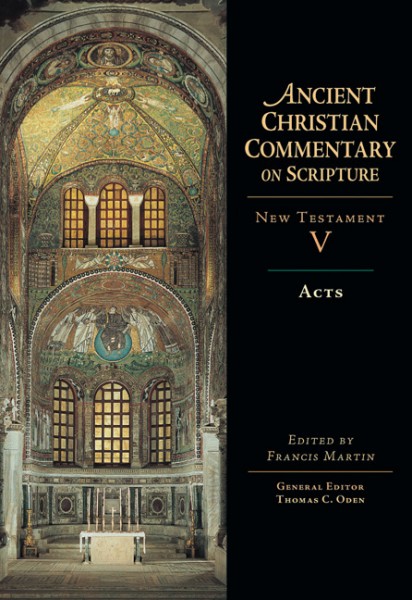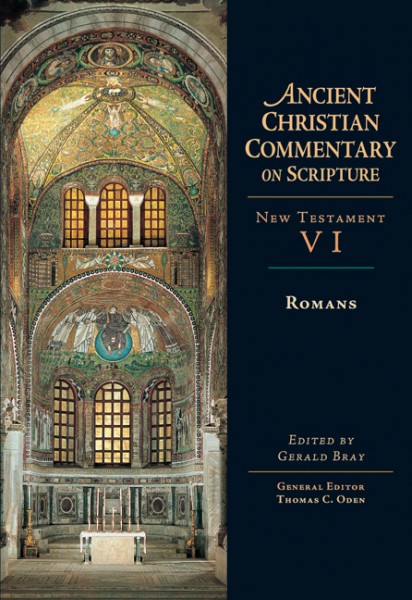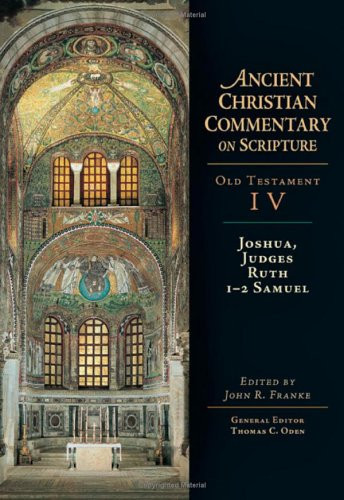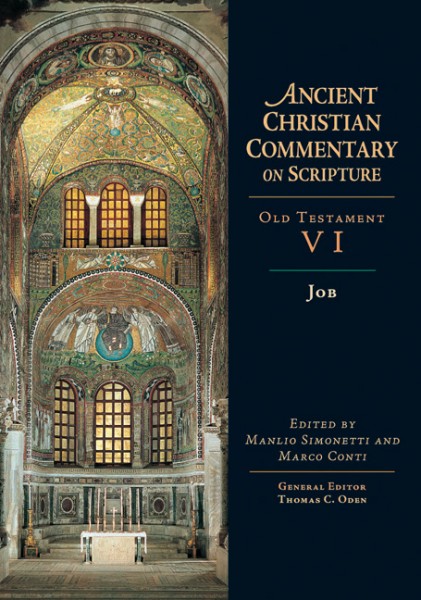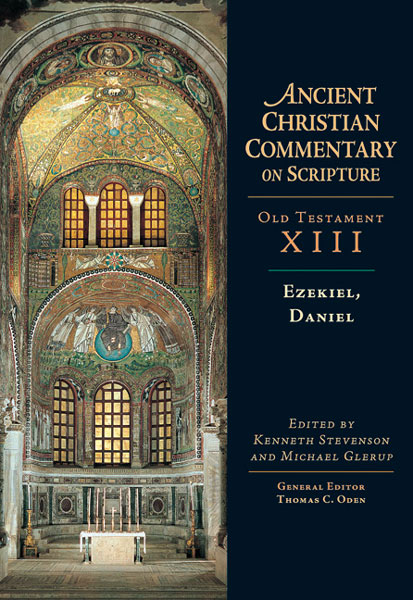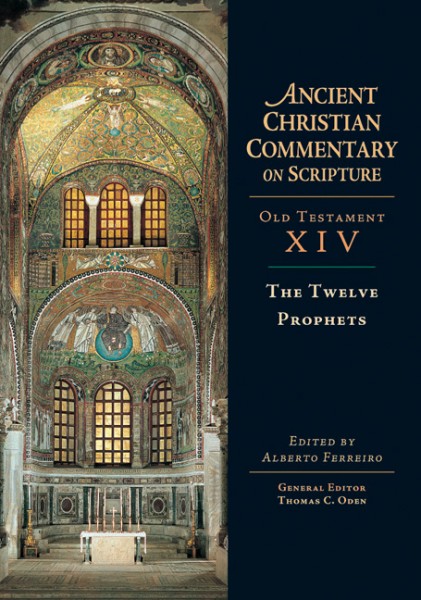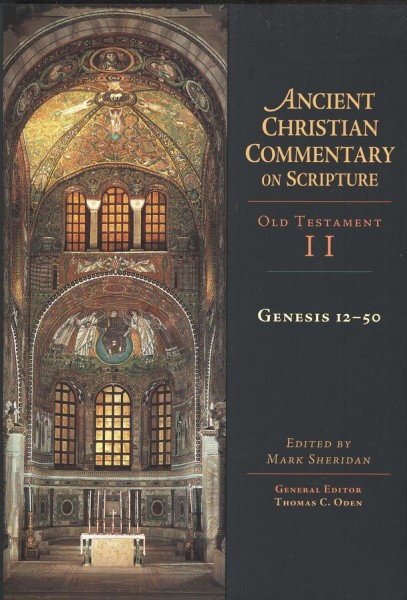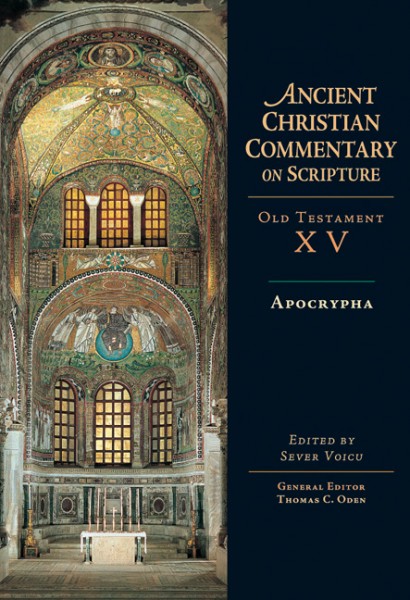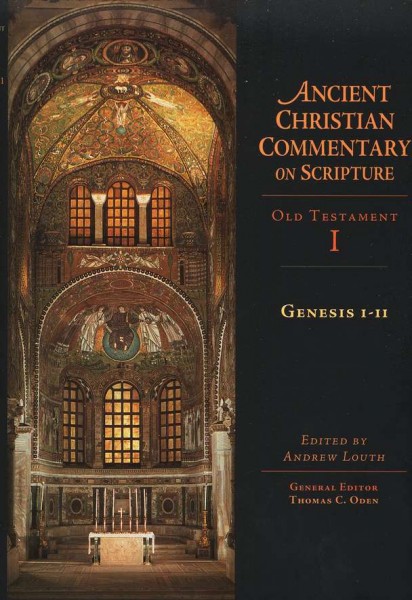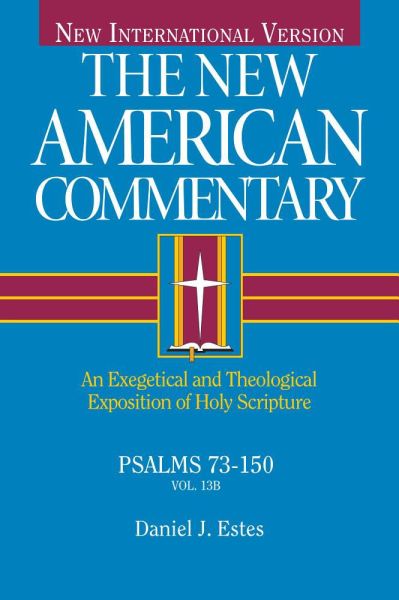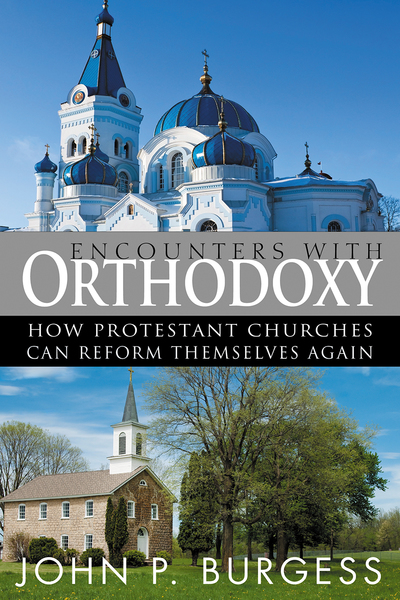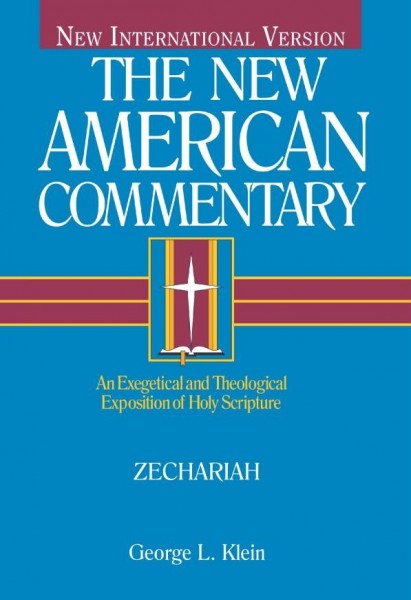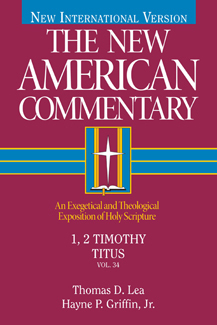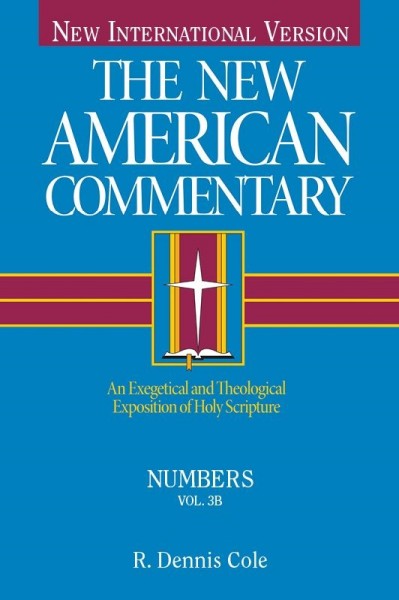


John 11-21: Ancient Christian Commentary on Scripture (ACCS)

John 11-21: Ancient Christian Commentary on Scripture (ACCS)
The Ancient Christian Commentary on Scripture does what very few of today's students of the Bible could do for themselves. With the aid of computer technology, the vast array of writings from the church fathers—including much that is available only in the ancient languages—have been combed for their comment on Scripture. From these results, scholars with a deep knowledge of the fathers and a heart for the church have hand-selected material for each volume, shaping, annotating and introducing it to today's readers. Each portion of commentary has been chosen for its salient insight, its rhetorical power and its faithful representation of the consensual exegesis of the early church.
The Ancient Christian Commentary on Scripture is an ecumenical project, promoting a vital link of communication between the varied Christian traditions of today and their common ancient ancestors in the faith. On this shared ground, we listen as leading pastoral theologians of seven centuries gather around the text of Scripture and offer their best theological, spiritual and pastoral insights.
Today the historical-critical method of interpretation has nearly exhausted its claim on the biblical text and on the church. In its wake there is a widespread yearning among Christian individuals and communities for the wholesome, the deep and the enduring. The Ancient Christian Commentary on Scripture does not seek to replace those excellent commentaries that have been produced in the twentieth century. Rather, it supplements them, framing them with interpretive voices that have long sustained the church and only recently have fallen silent. It invites us to listen with appreciative ears and sympathetic minds as our ancient ancestors in the faith describe and interpret the scriptural vistas as they see them.
The Ancient Christian Commentary on Scripture is a postcritical revival of the early commentary tradition known as the glossa ordinaria, a text artfully elaborated with ancient and authoritative reflections and insights. An uncommon companion for theological interpretation, spiritual reading, and wholesome teaching and preaching.
About the John 11-21 volume:
The Gospel of John was beloved by the early church, much as it is today, for its spiritual insight and clear declaration of Jesus' divinity. Clement of Alexandria indeed declared it the "spiritual Gospel." Early disputers with heretics such as Cerinthus and the Ebionites drew upon the Gospel of John to refute their heretical notions and uphold the full deity of Christ, and this Gospel more than any other was central to the trinitarian and christological debates of the fourth and fifth centuries.
At the same time, the Gospel of John was also thought to be the most chronological, and even to this day is the source of our sense of Jesus' having a three-year ministry. And John Chrysostom's Homilies on John, perhaps more than any other commentary, emphasize Christ's humanity and condescension toward the human race.
In addition to the serial homilies of John Chrysostom, readers of this volume will find selections from those of Origen, Theodore of Mopsuestia, Cyril of Alexandria and Augustine. These commentaries are supplemented with homiletic material from Gregory the Great, Peter Chrysologus, Caesarius, Amphilochius, Basil the Great and Basil of Seleucia among others. Liturgical selections derive from Ephrem the Syrian, Ambrose and Romanos the Melodist, which are further supplemented with doctrinal material from Athanasius, the Cappodocians, Hilary and Ambrose.
This rich tradition, some of which is here translated for the first time, offers a vast treasure out of which today's scribes trained for the kingdom may bring forth that which is new and what is old.
